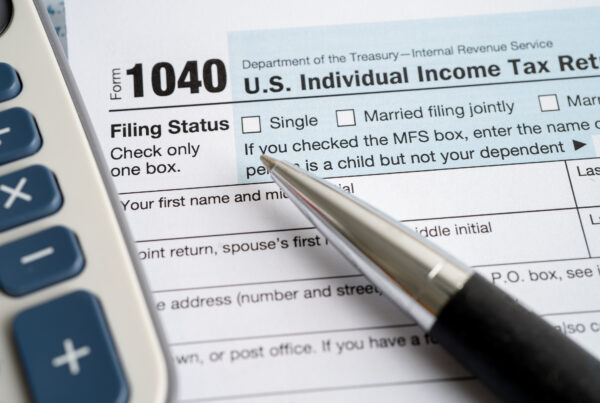Public Law 86-272 (P.L. 86-272), a 1959 law, was passed to protect interstate businesses from unnecessary state income tax. The law prevents a state from imposing a net income tax on an out-of-state company if the only business activity performed by the out-of-state company is soliciting and delivering tangible personal property from outside the state. This was a meaningful relief at that time, as our economy was not as service-driven as it is today.
Understandably, states tend to take a very narrow view of the benefits provided by P.L. 86-272 as it impacts their revenue base. In this context, states will often look carefully at the activities performed by out-of-state sales personnel to ensure that they are doing nothing more than “solicitation.”
Having said that, some industries, such as pharmaceuticals, can often still benefit from this provision due to the unique nature of their sales process. Since the actual commercial transaction is between the patient and the pharmacy, the pharmaceutical sales representative may perform a limited role and, therefore, qualify for protection under P.L. 86-272.
Below is a sample P.L. 86-272 questionnaire that a company aiming to claim income tax protection may face:
- Did the taxpayer make repairs, provide maintenance, or service to the product sold?
- Did sales personnel have the authority to collect payment for current or delinquent accounts?
- Did the taxpayer install or supervise the installation of the product?
- Did the taxpayer conduct training courses or seminars in the state for personnel other than personnel involved in solicitation?
- Did the taxpayer provide any technical assistance or service, including, but not limited to, engineering assistance or design service, when one of the purposes thereof is other than the facilitation of the solicitation of orders?
- Did the sales personnel investigate, handle, or otherwise assist in resolving customer complaints, other than direct customer complaints in relation to the solicitation of sales?
- Did the sales personnel have the authority to accept and approve orders?
- Did the sales personnel repossess property?
- Did the sales personnel secure deposits on sales?
- Did the sales personnel pick up or replace damaged or returned property?
- Did the taxpayer hire, train, or supervise personnel, other than personnel involved only in solicitation?
- Did the sales personnel use agency stock checks or any other instrument or process by which sales are made within the state by sales personnel?
- Did the taxpayer maintain a sample or display room in excess of two weeks at any one location in the State?
- Did the sales personnel carry samples from which sales, exchanges, or distributions were made in any manner, or for consideration or other value?
- Did the taxpayer own, lease, use, or maintain any of the following facilities or property in the State:
- Any kind of office other than an in-home office located within the residence of the employee that is not publicly attributed to the company.
- Meeting place for directors, officers, or employees.
- Stock of goods other than samples for sales personnel or that are used entirely ancillary to solicitation.
- Telephone answering service that is publicly attributed to the company or to employees of the company.
- Mobile stores, i.e., vehicles with drivers who are sales personnel making sales from the vehicles.
- Did the taxpayer consign stocks of goods or other tangible personal property to any person, including an independent contractor, for sale?
- Did the taxpayer maintain a telephone listing or other public listing within the State for the company or for an employee as a means of contact?
- Did the taxpayer enter into a franchise or licensing agreement in the state?
While many of the above criteria are not applicable to the role of a pharmaceutical salesperson, the scope of each salesperson’s daily activities must be carefully analyzed to ensure that they don’t exceed the limited activities described above.
A few other aspects to consider in connection with P.L. 86-272:
- The protection is for income taxes only. Franchise, net worth, and similar taxes are not included.
- Many states still require a taxpayer claiming P.L. 86-272 protection to file a tax return in that state and pay any state minimum tax.
- Protection is determined on a year-by-year basis. Engaging in unprotected activities at any point during the year can result in loss of immunity for the entire tax year.
State tax rules are changing quickly, and it’s becoming more important than ever to stay ahead. Taking a closer look now could help you avoid surprises in the future and even uncover ways to protect your business. If you’d like to talk through any concerns or get more information, your WG advisor is here to help.





